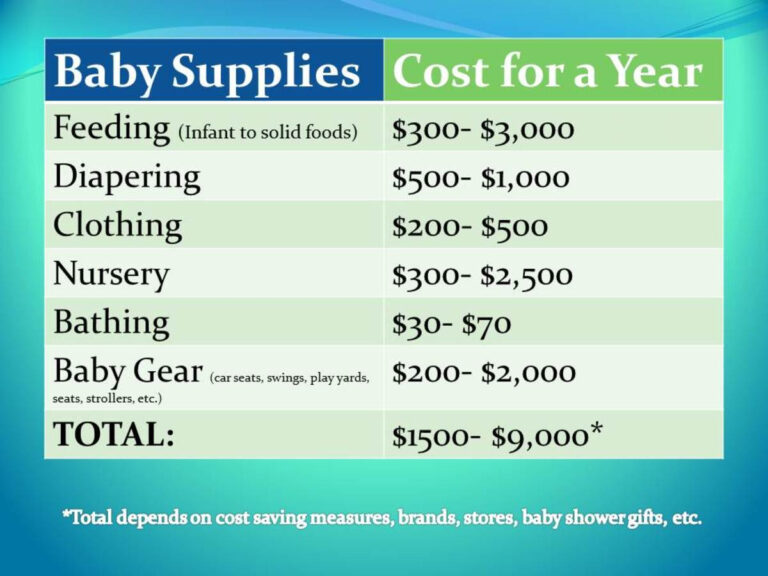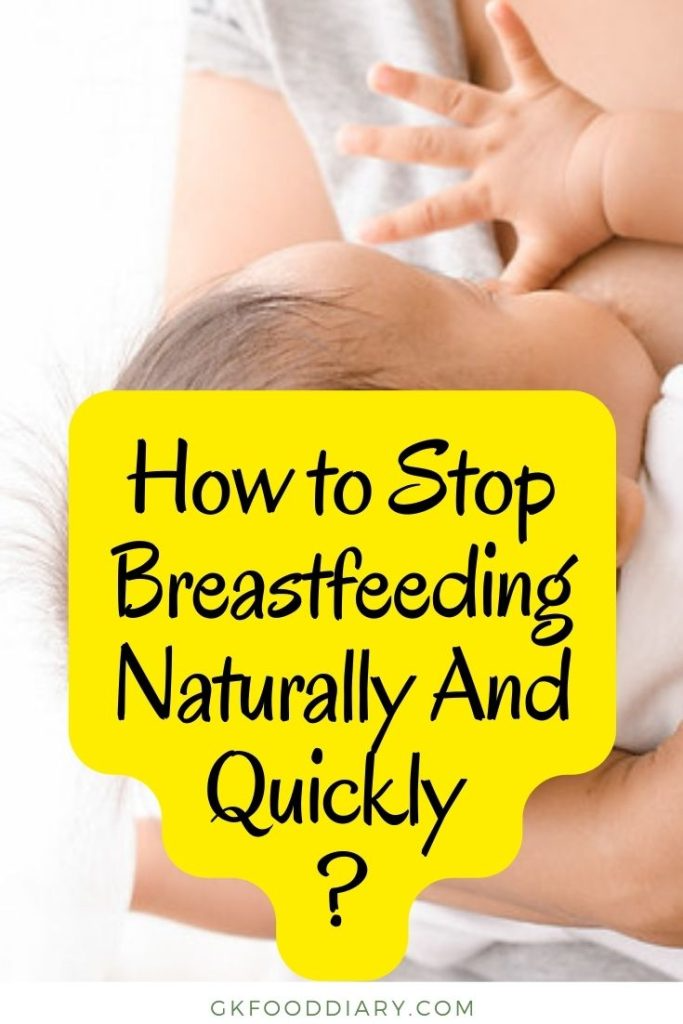Magnesium For Pregnant Women: A Comprehensive Guide to Its Importance, Benefits, and Sources
Magnesium, an essential mineral, plays a crucial role in maintaining optimal health during pregnancy. Its involvement in numerous bodily functions, from electrolyte balance to preventing seizures, makes it a vital nutrient for expectant mothers. This guide delves into the significance of magnesium during pregnancy, exploring its benefits, sources, and important considerations for ensuring adequate intake.
Magnesium’s importance extends beyond its role in pregnancy, as it also contributes to fetal development and infant health. Studies have shown that maintaining healthy magnesium levels can reduce the risk of preterm birth, low birth weight, and other pregnancy-related complications. Additionally, magnesium supplementation has been found to alleviate common discomforts associated with pregnancy, such as leg cramps, headaches, and nausea.
Magnesium For Pregnant Women

Magnesium is a mineral that is essential for the health of pregnant women. It helps to build the baby’s bones and teeth, and it also plays a role in muscle and nerve function. Pregnant women need more magnesium than non-pregnant women, and the recommended daily intake is 350 mg. Good sources of magnesium include leafy green vegetables, nuts, seeds, and whole grains.
Benefits of Magnesium for Pregnant Women
- Helps to build the baby’s bones and teeth
- Plays a role in muscle and nerve function
- Can help to prevent premature birth
- Can help to reduce the risk of pre-eclampsia
Symptoms of Magnesium Deficiency
- Muscle cramps
- Fatigue
- Headaches
- Constipation
- Nausea and vomiting
How to Get Enough Magnesium
Pregnant women can get enough magnesium by eating a healthy diet that includes plenty of leafy green vegetables, nuts, seeds, and whole grains. If you are not able to get enough magnesium from your diet, you may need to take a magnesium supplement.
Risks of Magnesium Deficiency
Magnesium deficiency can lead to a number of health problems for pregnant women, including premature birth, pre-eclampsia, and muscle cramps. It is important to make sure that you are getting enough magnesium during pregnancy.
Common Queries
What is the recommended daily intake of magnesium for pregnant women?
The recommended daily intake of magnesium for pregnant women is 350-360 mg.
Can magnesium supplements help reduce the risk of preterm birth?
Yes, studies have shown that magnesium supplementation can reduce the risk of preterm birth by up to 40%.
What are the potential side effects of excessive magnesium intake?
Excessive magnesium intake can lead to side effects such as diarrhea, nausea, and abdominal cramps.
Is it safe to take magnesium supplements during pregnancy?
It is important to consult with a healthcare professional before taking magnesium supplements during pregnancy, as excessive intake can be harmful.
What are some natural ways to increase magnesium levels during pregnancy?
Natural ways to increase magnesium levels during pregnancy include eating magnesium-rich foods, soaking in a magnesium-rich bath, and practicing prenatal yoga or massage.





